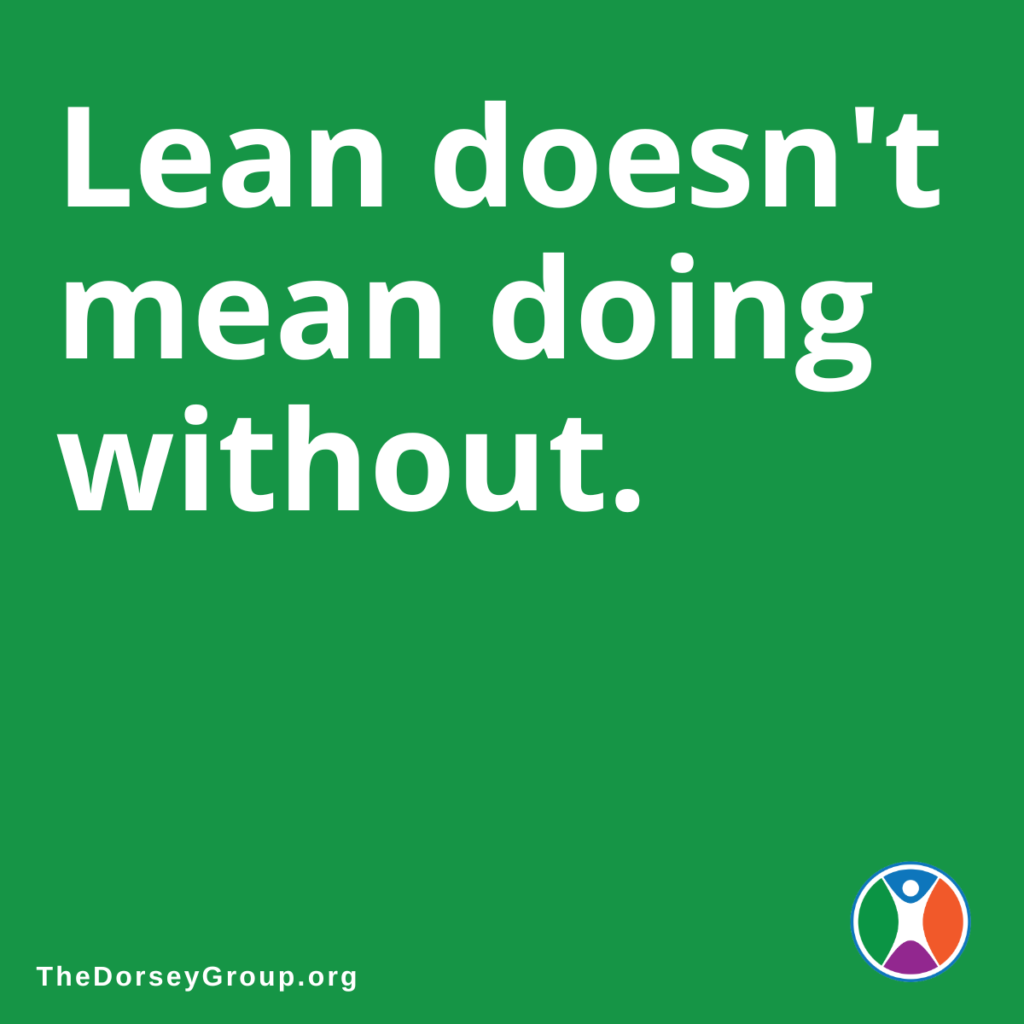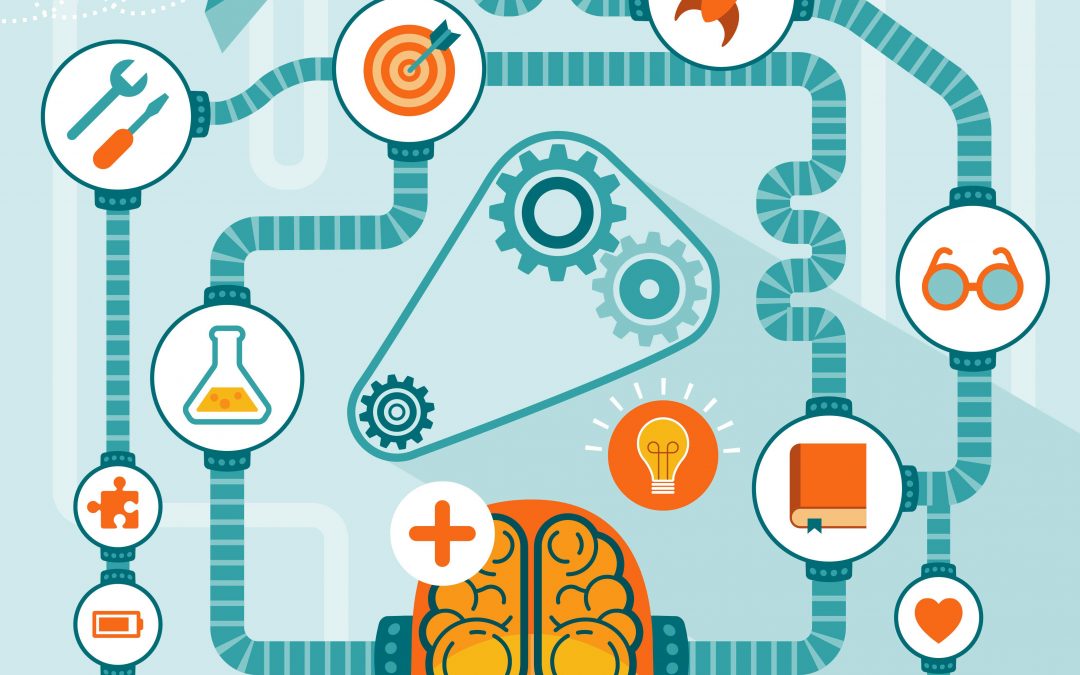Lean doesn’t mean doing without. It’s a mindset that allows you to continually streamline, build what you need and move on.
In the 1930s, demand for variety in the automotive industry was growing. While new systems were introduced to decrease the cost per manufacturing step, throughput times became significantly longer. Then Kiichiro Toyoda, Shigeo Shingo and Taiichi Ohno of Toyota, building on the works of W. Edwards Deming and Joseph Juran, observed that a series of innovations might make it possible to provide continuity in process flow as well as a variety of products. Thus, the Toyota Production System was founded and the term lean management came to life.
Leaner production
The Toyota Production System shifted the focus away from individual machines to the flow of the product through the total manufacturing process. Toyota determined that it was possible to create a variety of high-quality products at low cost and with low throughput times by:
- Maintaining the actual volume needed per machine (Takt Time)
- Introducing mistake-proofing practices that would ensure quality (Poka-yoke)
- Having each step in the process notify the previous step of its current need for materials (Pull System)
Their processes were lean and their thinking could be replicated for any industry.
There is a misconception about lean
Most people misunderstand the term “lean.” When they think about being lean, they think skinny. They think about making things work with very little or having to do without. But for the team at Toyota and for us at The Dorsey Group, that’s not what lean means at all. Lean is a system for the absolute elimination of waste.

Lean is a mindset, not a tool
It might sound simple to implement lean thinking into your business. It is not; it takes time and a full understanding of what lean really means. You might see vision boards, 5S and scorecards and think, “Oh, we can do that.” And you can. But that’s not what will make you lean. Only when you see lean as a behavior, rather than a tool, will you be able to transform into a business that is truly lean.
Lean reduces waste, not costs
The lean mindset recognizes that every process and every system is there to meet customers’ needs. Thinking lean means you’re being smart about the costs you don’t need to incur. Lean businesses don’t do without, but they don’t have extra, either. They don’t need it and they know they don’t need it. A lean mindset allows you to identify and eliminate wasteful processes and behaviors that drive up costs.
Lean sets employees up for success
No one must stop to confirm information, ask for guidance or double check anything because they were given all the information and resources they needed at the very start. They have the tools they need to perform their jobs. A lean business doesn’t put a team out on the floor with a MRP system filled with inaccurate data and expect them to perform well when the team needs to verify everything before they can start up.
Lean is continuous improvement of the whole system
When you’re lean, you’re driven to continually find better ways to do things. From using and distributing information, materials, and equipment to training and developing employees, you look for what’s wasteful and eliminate it.
Everything becomes streamlined. It’s easier to replicate or transfer process and knowledge to a new facility or team. It’s not something that you do once – it’s a way of life that is continuously improving.
Like Toyota realized, it’s the whole system—not just a piece of it. Lean values the process as much as the result. Once you understand that, it becomes an innate part of how your organization operates.
Examples of lean in non-traditional areas
Lean is figuring out why you get the customer service call and preventing it at the source -instead of adding more customer service reps or phone lines.
Lean is eliminating steps in an approval process by asking why there needs to be a review, and training the employees upstream to understand the requirements and follow them.
Lean is accurate and complete paperwork flowing through a process, not incomplete information that “they know what to do with.”
Lean is looking at your sales process to ensure your team spends more effort selling and not just quoting.
Lean works in all environments. Organizations of all shapes, sizes and types can benefit from thinking lean.
The Dorsey Group can help unleash your team’s potential and power peak performance. For more information, contact us at www.TheDorseyGroup.org or (954) 629-5774.

